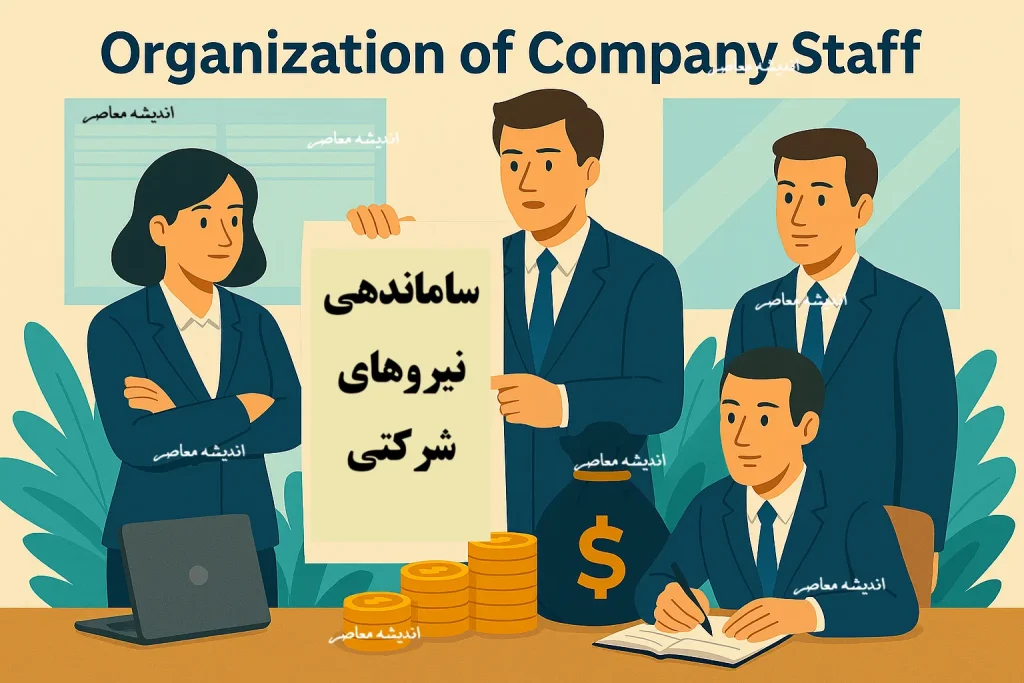
Major Administrative Overhaul: Government Accelerates Reforms for Contract Workers and Streamlined State Services
Mazandaran, Iran – In a significant step towards fulfilling its mandate for a more agile and efficient government, a senior Iranian official has announced substantial progress in the long-anticipated administrative restructuring plan, including a pivotal initiative to reorganize contract workers within the state apparatus.
A Push for Efficiency and Productivity
Alaeddin Rafizadeh, the Vice President and Head of the Administrative and Recruitment Organization, detailed the government’s comprehensive strategy during a press conference on the sidelines of the Martyr Rajaei Festival in Mazandaran on Tuesday. He identified the elimination of parallel structures within the administrative system as a critical and serious challenge that is now being directly addressed.
“The structural reform of the administrative system to increase its productivity has begun across all sectors of the country,” Rafizadeh stated emphatically. He confirmed that the administrative transformation plan has already been officially communicated and launched in eight government bodies, signaling a robust start to the wide-ranging initiative.
Resolving the Status of Contract Workers
A key component of this reform addresses the status of contract workers in executive agencies. Rafizadeh provided a crucial update, confirming that the necessary data on these personnel has been compiled. “The information on contract workers for the regularization of their status has been collected, and the government is determined to resolve their issues,” he announced.
He further explained that the plan for organizing contract workers has been reviewed by the government’s Commission for Management and Human Capital and is now slated for a final decision in a cabinet meeting, marking a decisive leap forward for thousands of employees.
Foundations of the Reform Agenda
Rafizadeh framed these efforts as a core duty of the current administration, directly aligned with the general policies of the administrative system issued by the Supreme Leader, the Seventh Development Plan, the principles of the Resistance Economy, and the Law on Managing National Services. He noted that this vital modernization had been neglected for over three decades for various reasons, making the current push all the more significant.
As a prime example of this new momentum, he highlighted the recent approval of the administrative transformation of the Ministry of Agricultural Jihad, a structural reform that had been pending for over thirty years. “Today, the 14th government has set it in motion,” he declared.
Broader Governmental Strategy: Downsizing and Smart Governance
The Vice President outlined the government’s broader two-pronged approach: downsizing the state bureaucracy and fostering competition in the business sector. This strategy is founded on reducing the intervention and direct economic activity of state executive bodies in the national economy.
“A serious approach in the government is to avoid granting recruitment permits to the headquarters of the country’s executive agencies,” Rafizadeh emphasized. He underscored the importance of accountability and smart governance within the reform programs, noting that the large volume of personnel in central headquarters must be streamlined to create a lighter, more effective administrative structure.
Public Service at the Core
Throughout his address, Rafizadeh consistently returned to the central theme of public service and citizen satisfaction. He praised the performance of the Governor of Mazandaran for proving a record of genuine service to the people.
“The real evaluators of managers’ performance are the people,” he stated. “The performance of executive devices is good only when the people are satisfied.” He expressed confidence that the recognition of exemplary agencies in Mazandaran would further double the satisfaction of the people in the region.
Concluding his remarks, Rafizadeh pointed to the government’s defining characteristics of honesty, presence among the people, unity, and the diligent pursuit of public demands as the foundation for its ongoing progress and service to the nation.


